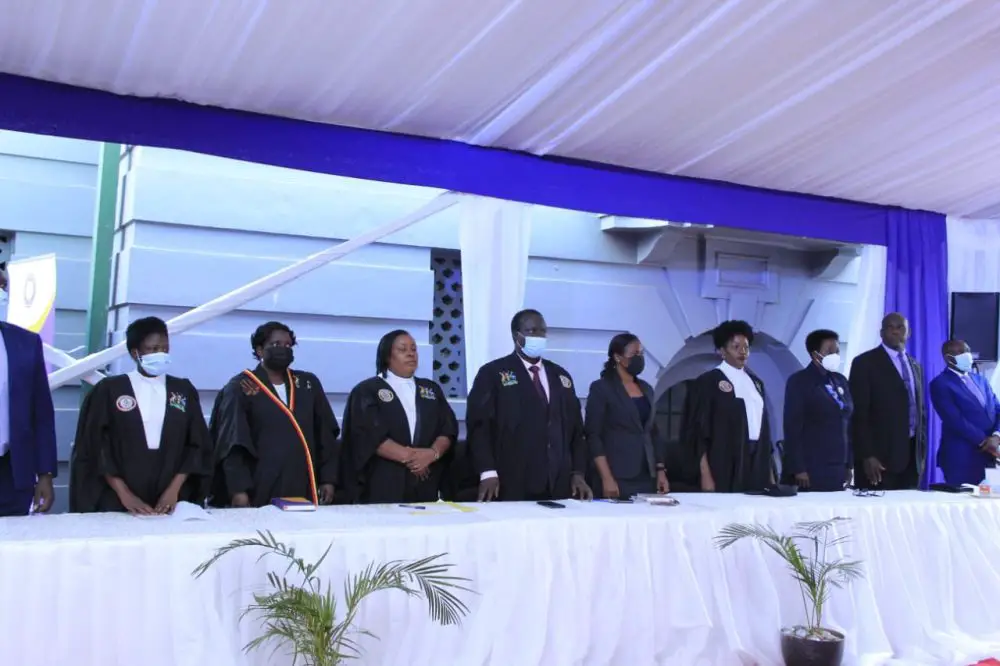Preparations are ongoing in the Ugandan capital,Kampala to host the 2nd Annual East African Court of Justice Judicial Conference set for 26th- 28th October.
Effective next week, legal experts and various government officials, researchers and journalists will descend on Kampala for this conference under the theme, Transforming Access to Justice in the East African Community.
During the 2nd Judicial Conference, a number of topics will be discussed; One Court, mixed Systems: The East African Court of Justice as a Regional Court that encompasses the Common Law and Civil Law systems .
Participants will also discuss, the Role of National and Regional Courts in Bridging the Access to Justice Gap for Cross-Border Trade Disputes.
Other areas include; Access to Justice and Equality before the Law: Removing Barriers at National and Regional Courts, The Internet as an Enabler of Freedom of Expression and Public Debate: Implications for The Rule of Law, Alternative Dispute Resolution: Realities, Deterring Factors and Solutions.
Participants will explore, Modernization of Courts: Shared Experiences on the Digitisation of Courts, and Judicial Resource Limitations and the Effect on Judicial Efficiency: What Can Courts Do?
The overall objective of the Conference is to stimulate high-level conversations and discussions on emerging legal and judicial issues including, emerging jurisprudence, issues affecting Courts and Court users and provide a platform for information sharing among judges, judicial officers and legal practitioners and other Court users in the region.
A keynote address on “Shaping East Africa Through Advancing Access to Justice” shall be delivered by Prof. Frederick Ssempebwa, and shall form the basis for the Panel Discussion of the Chief Justices from the EAC Partner States.
The EACJ Court mainly handles disputes arising from the violation of fundamental and operational principles that govern the achievement of the objectives of the Community by the EAC Partner States as enshrined in the Treaty under Articles 6 (d) and 7 (2).
These principles include good governance, adherence to the principles of democracy, the rule of law, accountability, transparency, social justice, equal opportunities, gender equality as well as recognition, promotion and protection of human and people’s rights in accordance with the African charter on Human and Peoples’ rights.




















